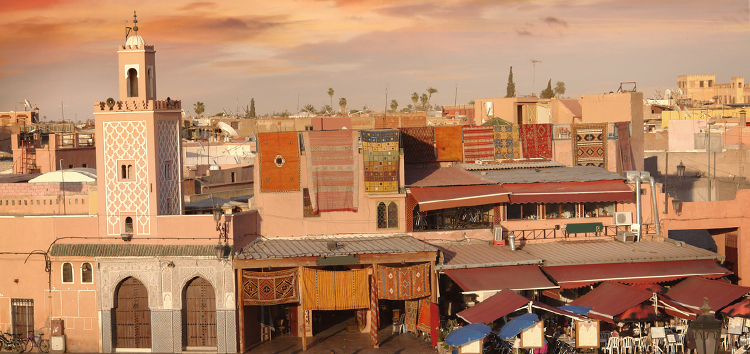
For the second year in a row, Egypt has topped the European Bank for Reconstruction and Development’s (EBRD’s) annual investments with new commitments of €1.2 billion in 26 projects in 2019 after €1.1 billion in the previous year.
Continuing its support for the southern and eastern Mediterranean (SEMED) region in 2019, the Bank made €1.8 billion of new investments in 53 projects of which 72 per cent were in the private sector, while 40 per cent were in the green economy. This builds on €2 billion of investments in 50 projects in the previous year.
In Jordan, the Bank invested €87 million in nine projects which included the remediation of a contaminated lagoon east of Russaifa, a landmark project that will help clean up the lagoon and restore the link between the original watercourse upstream of the Wadi Marka catchment area and its downstream locations.
In Lebanon, the EBRD continued to support the competitiveness of the private sector with the investment of €164 million in three projects.
2019 also saw the opening of a third EBRD office in Morocco in Agadir, which confirmed the Bank’s commitment to developing the economy and promoting regional integration. Investments in the country reached €204 million in 14 projects last year.
In Tunisia, the Bank invested €177 million through 11 projects in 2019 including a €45 million loan to Société des Transports de Tunis (Transtu) to enhance suburban train services between Tunis and La Marsa.
In the West Bank and Gaza, the Bank financed the first Palestinian employment-development impact bond to address high levels of youth unemployment providing professional training for more than 1,000 young Palestinians.
The Bank financed an unprecedented 452 individual projects, compared with 395 a year earlier.Financing exceeded €10 billion for the first time, rising to €10.1 billion from €9.5 billion.
The EBRD is a multilateral bank that promotes the development of the private sector and entrepreneurial initiative in 38 economies across three continents. It combines investments with policy dialogue and, through activities like its Community Initiative, also reaches out to support local societies and knowledge about EBRD countries.
Read More

 Syria *
Syria * 


